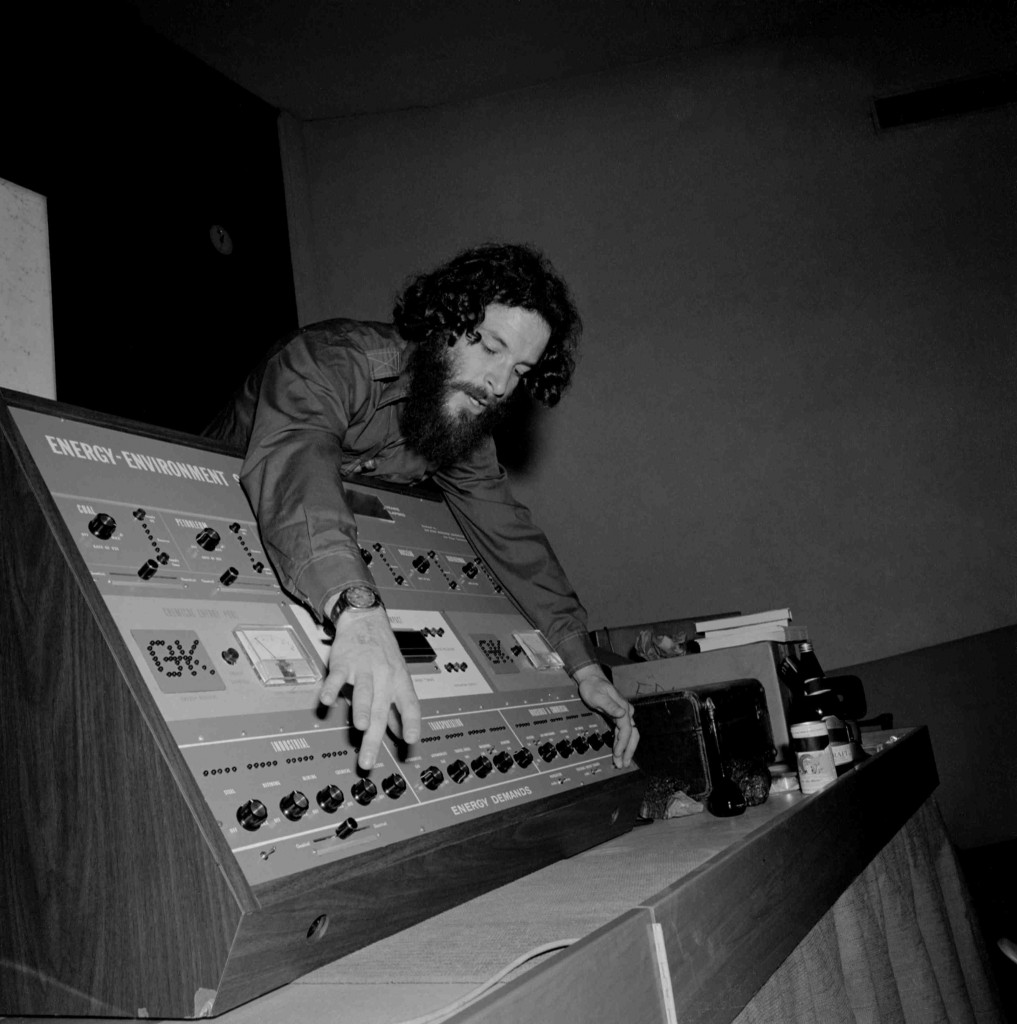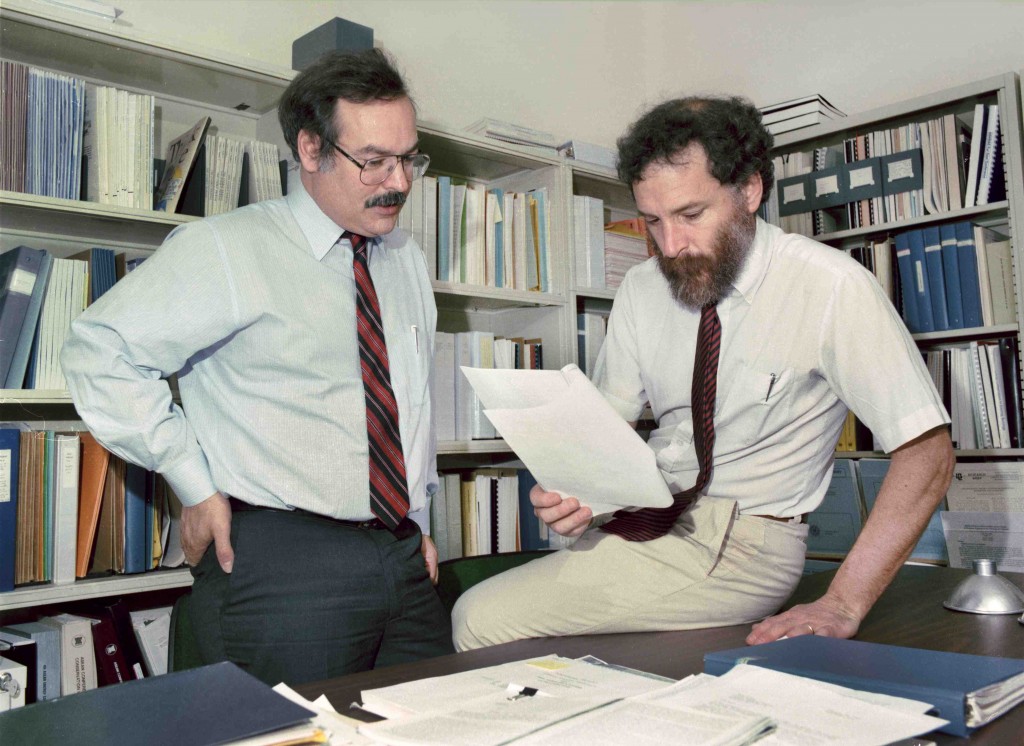Leon (Lee) Schipper, a scientist who worked in Berkeley Lab’s Environmental Energy Technologies Division for more than two decades, passed away on August 16 at Alta Bates Hospital in Berkeley. He was 64 and was diagnosed with pancreatic cancer in May. Schipper was an energy efficiency expert who first worked at the Lab as a graduate student in 1972 and then joined as a scientist in 1978. He went on leave in 1995 to work as a visiting scientist for the International Energy Agency in Paris and left the Lab in 2001.
 Schipper gained prominence early in his career for a paper published in Science in 1976 showing how Sweden, an affluent country, had an energy intensity far lower than that of the U.S. “This became a very famous paper,” said Mark Levine, who was Schipper’s superviser for most his career at Berkeley Lab and now leads Berkeley Lab’s China Energy Group. “By the mid-1970s he was one of the most highly regarded energy analysts in the U.S., known and widely respected in energy circles around the world.”
Schipper gained prominence early in his career for a paper published in Science in 1976 showing how Sweden, an affluent country, had an energy intensity far lower than that of the U.S. “This became a very famous paper,” said Mark Levine, who was Schipper’s superviser for most his career at Berkeley Lab and now leads Berkeley Lab’s China Energy Group. “By the mid-1970s he was one of the most highly regarded energy analysts in the U.S., known and widely respected in energy circles around the world.”
In the early 1980s, Schipper started the Lab’s International Energy Studies group with Jayant Sathaye, and the two co-led the group for many years. Schipper broke new ground by analyzing energy data sector by sector and end-use by end-use in various countries and comparing them. He demonstrated that energy intensity did not correlate with GDP in any simple way and was able to show why. “The work he did has been carried on here. He created an important tradition of understanding energy by studying it from the bottom up, which means by end user,” Levine said. “Lee was the founding father of a school of energy analysts, a tradition carried on with vigor in the Energy Analysis Department at LBNL.”
In addition to his energy work, Schipper was known for his humor and musical talents. His band Lee Schipper and the Mitigators, in which he played the vibraphone, performed at major energy conferences. Sathaye remembers Schipper asking for permission to play the piano whenever they went to hotels or restaurants while they were traveling together. “They would say OK reluctantly, but he’d play so well, they’d be impressed,” recalled Sathaye, who still leads the International Energy Studies group.
Schipper mentored many students, Sathaye said, and several went onto become professors. “Lee’s unbridled enthusiasm for his work and music was both engaging and stimulating and lit a fire in his colleagues for not only working harder but also for making sure that our conclusions were based on solid research,” said Berkeley Lab scientist Ed Vine. “While we were engaged in our work, he made sure that we knew the difference between authenticity and misrepresentation and falsehood. At the same time, we always looked forward to Lee’s latest jokes and humor, as a way to lighten our day.”
Schipper double majored in physics and music at UC Berkeley. He earned a Ph.D. in astrophysics from UC Berkeley but became interested in energy issues early on. In the early 1970s he joined UC Berkeley’s then-nascent Energy and Resources Group where he worked with John Holdren, now President Barack Obama’s science advisor. He contributed to the Second and Third Assessment Reports of the Intergovernmental Panel on Climate Change, which was awarded the Nobel Peace Prize in 2007.
After leaving Berkeley Lab, he helped found EMBARQ at the World Resources Institute Center for Sustainable Transportation. Most recently, he had appointments at Stanford University’s Precourt Energy Efficiency Center and UC Berkeley’s Global Metropolitan Studies.
Schipper was also a talented linguist, speaking fluent Swedish, French, and German, “mangled” Danish and Norwegian, and “deceptively good but horrible” Spanish, Italian, and Portuguese, said his daughter Lisa Schipper.
He is survived by his wife Agneta and daughters Lisa and Julia Schipper.

